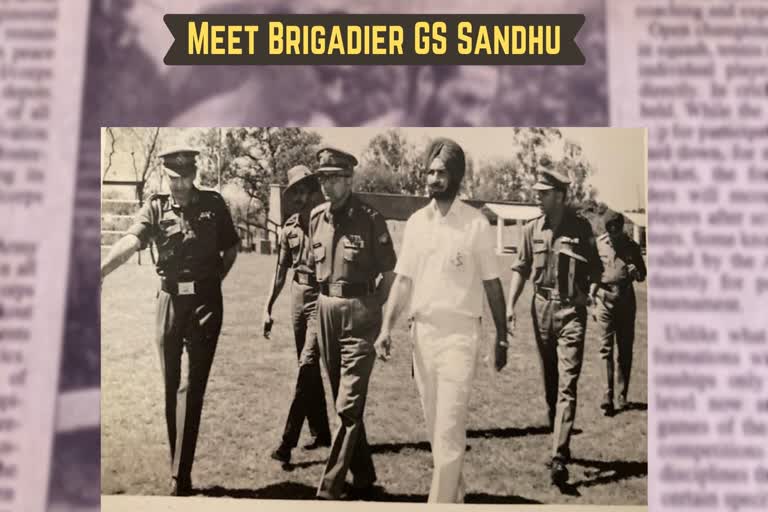Hyderabad: In the field of sports, the Indian Army has been a pioneer. It has made unrivalled contributions to the promotion and development of Olympic sports in India. Now, as the buzz around Tokyo Olympics growing up with the Games only 22 days away, Gurdip Singh Sandhu, a man who wore many hats, is keen to see how Indian athletes perform in the mega event.
Brigadier GS Sandhu, as he is known in the Army, is the man behind Army's Boys Sports Company, an institution that proved to be a boon for shaping sports culture in the Indian Army. It is the Boys Sports Company (BSC) that played the important role of grooming, training and spotting future athletes. Over the years, it gave India multiple Olympians and medallists like Rajyavardhan Singh Rathore and Vijay Kumar.
Also Read: EXCLUSIVE: Neeraj, Sreeshankar India's best medal hopes in Tokyo, says Ashwini Nachappa
Living up to its reputation, this time as well the Indian Army will have its representations in the Olympics. As many as nine athletes, who were handpicked for training in the Army's Boys Sports Company early in their childhood, will be competing in Tokyo 2020 next month.
In Rio 2016, this number was 13.
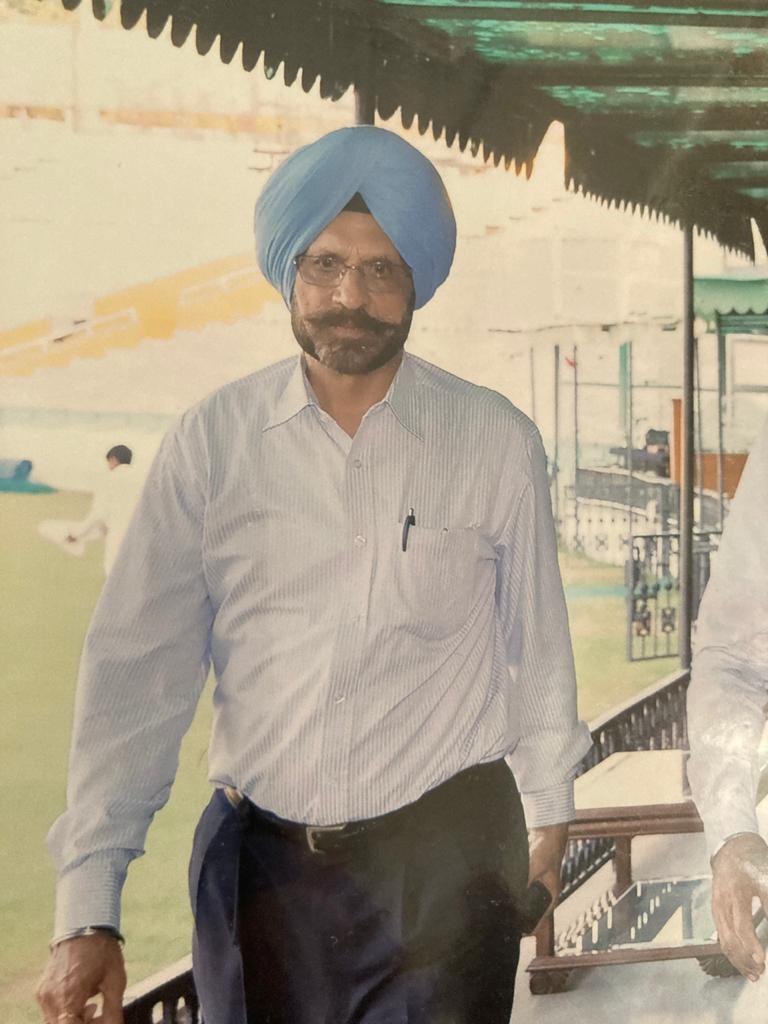
This time Javelin thrower Neeraj Chopra, boxers Amit Panghal, Manish Kaushik and Satish Kumar, steeplechaser Avinash Sable, rowers Arjun Lal Jat and Arvind Singh, sailor Vishnu Saravana and archers Pravin Jadhav and Tarundeep Rai will be representing the Indian Army in the 2020 Olympic Games under the Indian tricolour.
Had it not been BSC, the Indian Army's towering contributions to India's Olympics sports, needless to say, would not have been a subject to speak with pride.
On the eve of Army Physical Training Corps (APTC) Raising Day, the former Commandant of the institution GS Sandhu, who was at the helm for six years from 1982 to 1988 and then again for two more years from 1993 to 1995, going down memory lane recalled how BSC came into being and became a breeding ground for young talent before their enrolment in the Army Sports Institute, Pune in selected sports.
Battlefield to athletic track
The 1965 war veteran and two-time national champion in the decathlon, Sandhu also apprised how his two-decades-long struggle came to success when the colonial era Army's Boys Company, which was dissolved in 1976 as a cost-cutting measure, was reintroduced to revive the sports culture in the Indian Army.
"Today most of the youngsters don't know about the history of the BSC and its role in grooming and spotting future talent," said Sandhu, who served as the chairman of the Army Sports Control Board from 1989 to 1993.
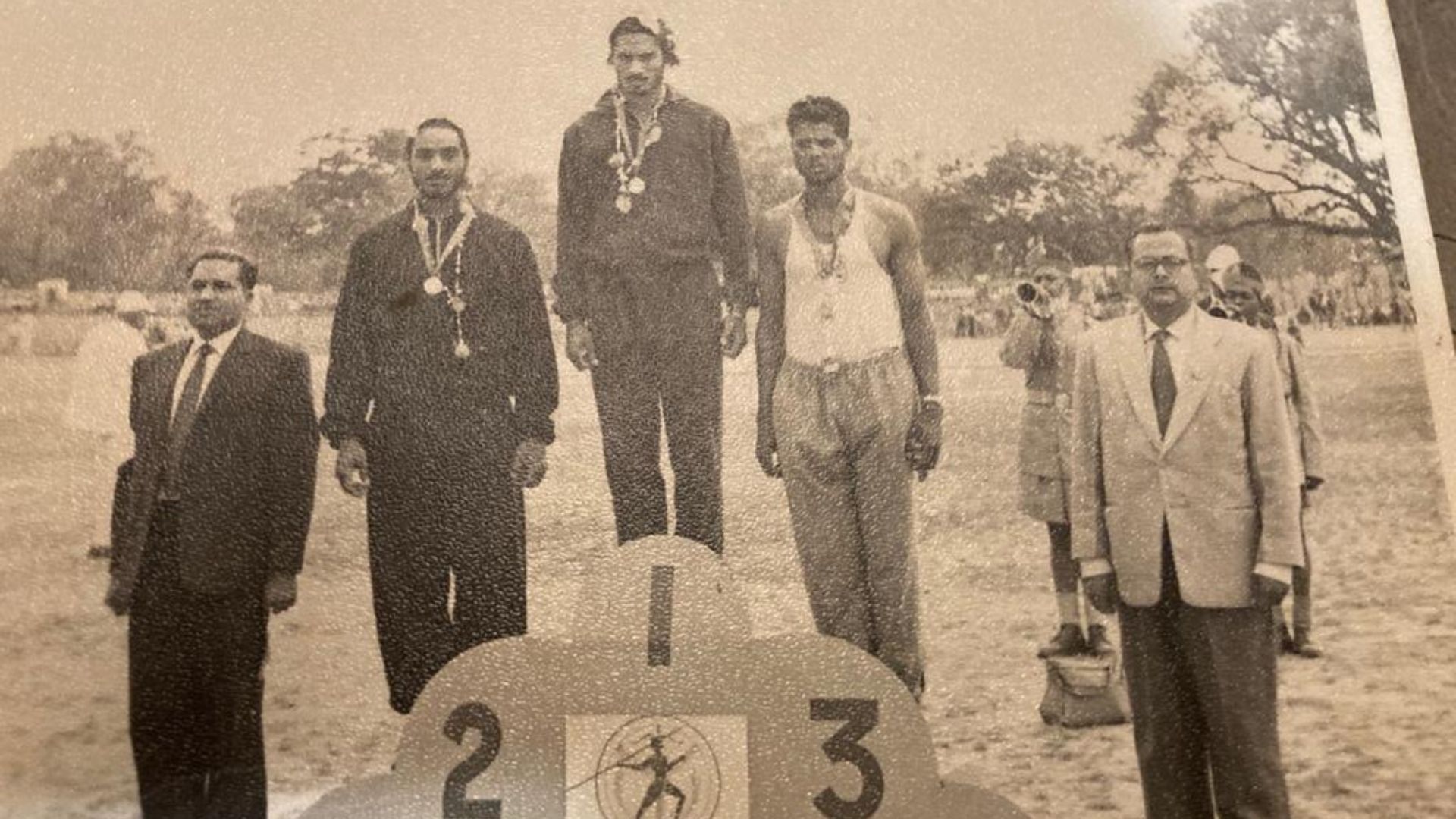
Sandhu, whose initial interest was in football and even played Santosh Trophy for Punjab in the 1961-62 season, switched to the decathlon on the advice of his college principal.
However, after being crowned national champion in 1963, his association with sports was cut for almost a year as he found himself in the middle of the 1965 India-Pakistan war. Under his leadership, the Parachute Regiment captured the crucial Hajipur Pass and Bedori mountain range in August 1965.
When the war was over, an exhausted and bruised Sandhu was asked to go back to Ambala sports centre to resume his training. In 1966, though he couldn't fully recover from the fatigue, he still became the national champion thanks to the physical demand of the war.
Understanding German psychology
After retirement from sports, he focused on coaching and sports administration. In 1970, the Indian Army sent him to Leipzig to get him trained by German coaches. It was in erstwhile East Germany, Sandhu decided to push the idea of restoring Boys Company for the promotion of sports and fitness among the youth back in India.
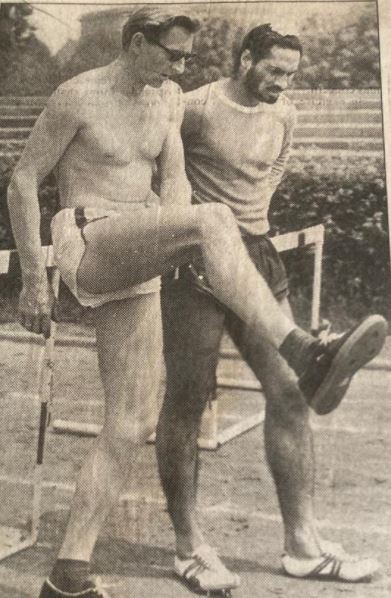
"In German athletics training centre, I noticed that boys aged 10-12 years undergoing strict training. I asked a German coach, namely Prausger, why young boys were training now. He told me they were being prepared for the 1980 Moscow Olympics. I was stunned, but that was their approach to the sports. That's why they achieved success," Sandhu told Etv Bharat from Chandigarh.
Recollecting his memory from the eight-month-long 1970 East Germany trip, the octogenarian further said, "Apart from raising athletes for future events, their idea was to make the nation fit. A fit nation is always a healthy nation. Every four years, East Germany used to conduct national fitness test. They were a small country, so didn't want anybody to become a liability."
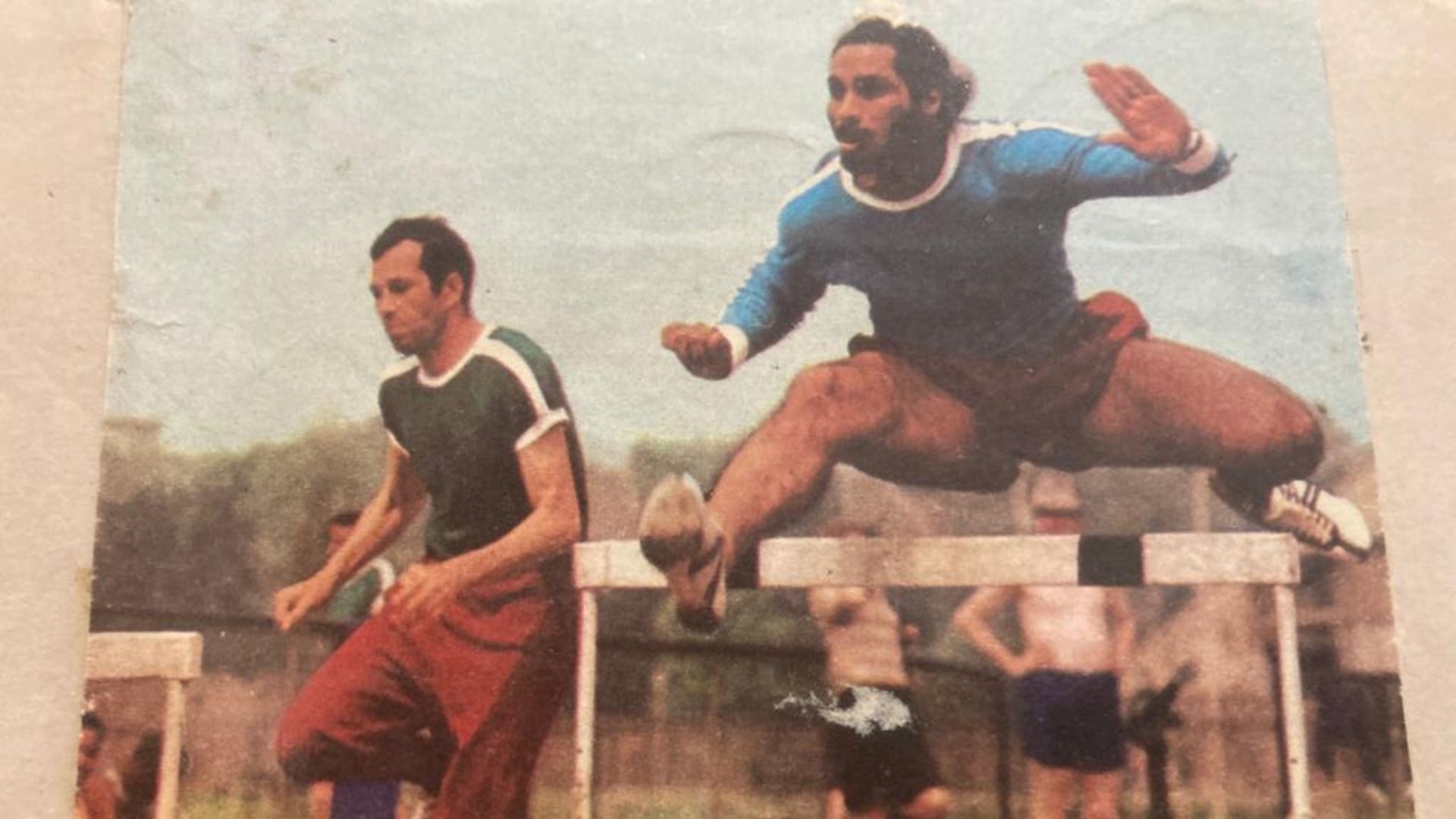
"They understood it very early. We also must have same approach to the sports. If our nation gives priority to sports, and young children are encouraged to play sports in schools and colleges, then we will also have a good pool of talent who can later become top athletes and win medals in the Olympics," Sandhu asserted.
Failed attempt
Upon his return from Europe, an energetic Sandhu came up with the proposal of reinstating the British era Army's Boys Company. But his effort was always meted with rejection. Yet, he didn't give up.
In 1980, during his meeting with Kotikalapudi Venkata Krishna, aka KV Rao, then Commanding-in-Chief of the Indian Army's Western Command, Sandhu saw a glimmer of hope.
"General Rao, who later became Army Chief in 1981, appeared disturbed with declining sports activities in the Army and asked me what could be reason behind falling of sports standards in the regiment. I had my statistics ready and told him that ever since the Boys Company had been scrapped due to financial crisis post-Emergency, the performance level had been going down as 90 per cent of forces' athletes were coming from there," said Sandhu, who was then a Major and was posted at the Army's Western Command as the Physical Training and Sports Officer.
On finding a precious opportunity, Sandhu didn't waste a chance. He gave a detailed presentation before Rao and a few senior officers explaining how the revival of Boys Company would improve the quality of sports in the Army. But the idea didn't materialise then.
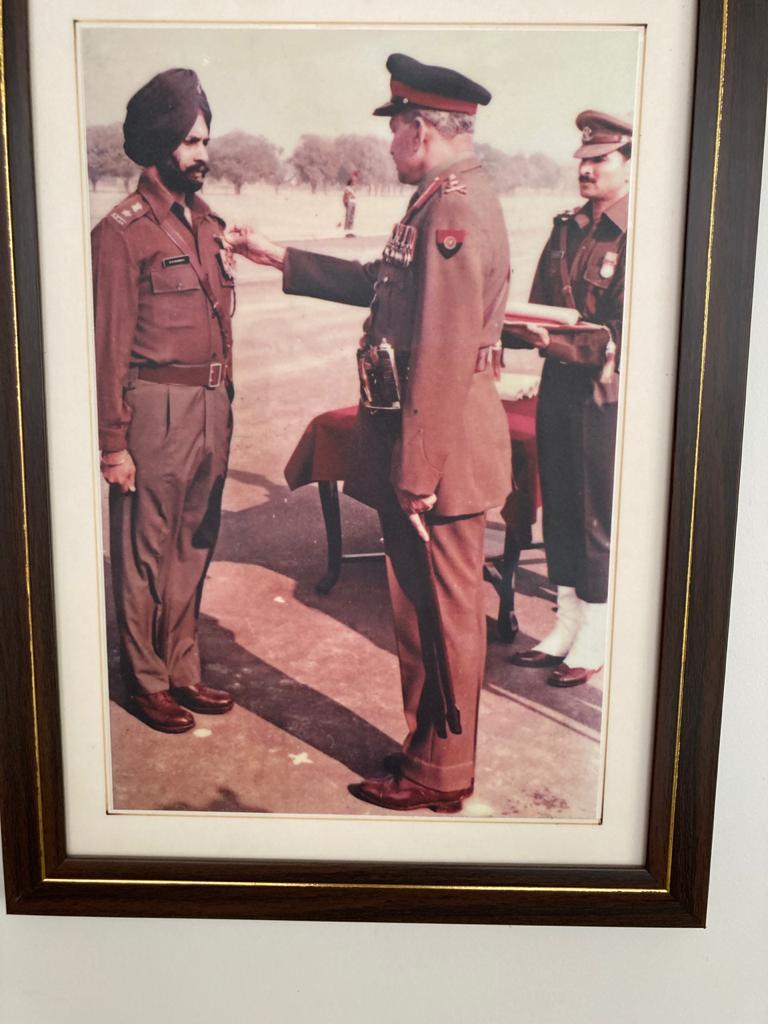
"Though General Rao and other officers were impressed with my concept, it somehow didn't become a reality then," he said.
In 1987, Sandhu once again went to Europe to train at the Swiss Institute of Physical Culture and Sports in Magglingen, this time to learn sports administration.
Boys Sports Company revived
But, his idea of reviving the Boys Company was not progressing. Therefore, Sandhu had to wait for one more decade to turn his pet project into a reality.
In the 1990 Asian Games in Beijing, as India finished 11th it caused a furore in the country's sports circle, with India winning a sole medal, a gold, in Kabaddi. "This humiliating show in Asian Games came to the rescue of my project which was about to go to the shelf. I told Sunith Francis Rodrigues, the then General of Indian Army, that strict Army discipline is need of the hour to produce champion athletes who could win medals in international events."
Also Read: Obituary: The Race of Milkha Singh's Life
As it happened, the Sports Authority of India agreed to provide monetary support, and the Indian Army took the responsibility of imparting technical support for training athletes. The result is evident now.
Sandhu retired in 1995 as Brigadier after serving the Indian Army as a soldier, athletic coach and sports administrator. For his distinguished service to the promotion and development of sports in the Army, he was bestowed with the Vishisht Seva Medal.
-- By Sudipta Biswas
